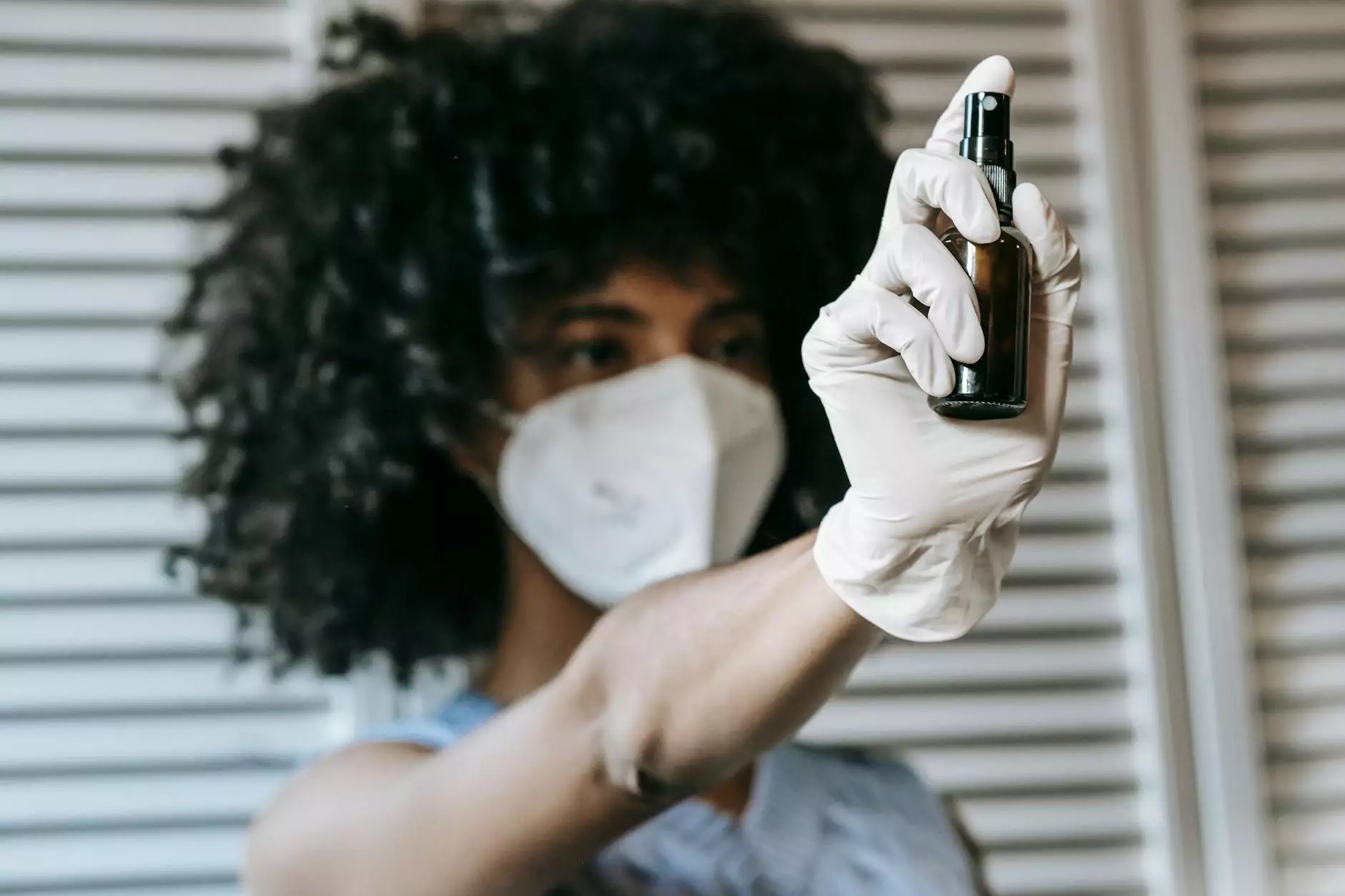Refusal to Provide a DWI Breath Sample in New Jersey
DWI/DUI
Introduction
Welcome to The Skiendziul Law Firm, your trusted source for expert legal advice in New Jersey. In this informative guide, we will discuss the topic of refusing to provide a DWI (Driving While Intoxicated) breath sample in New Jersey and its legal implications. If you have been charged with a DWI offense, it is crucial to understand the consequences and your rights in such situations.
Understanding DWI Laws in New Jersey
DWI laws in New Jersey are strict and aim to deter individuals from driving under the influence of alcohol or drugs. When a person operates a vehicle with a blood alcohol concentration (BAC) of 0.08% or higher, or demonstrates impaired abilities due to the influence of drugs, they can be charged with a DWI offense.
The Importance of Breath Testing
In DWI cases, law enforcement officers often rely on breath testing devices, such as breathalyzers, to measure a driver's BAC. These tests provide crucial evidence in determining whether a person was operating a vehicle while intoxicated. By refusing to provide a breath sample, individuals may believe they can avoid incriminating themselves, but it is essential to understand the legal consequences of such actions.
The Legal Consequences of Refusing a DWI Breath Sample
New Jersey has an implied consent law, which means that by operating a vehicle on public roads, individuals have already given their consent to submit to a breath test if suspected of DWI. Refusing to provide a breath sample is considered a violation of this law and may result in severe penalties.
1. Administrative Penalties
When refusing to provide a DWI breath sample, individuals may face administrative penalties, such as a driver's license suspension. In New Jersey, the license suspension can range from 7 months to several years, depending on prior convictions and other circumstances.
2. Legal Presumptions
Refusal to provide a breath sample does not mean you are automatically found guilty of a DWI offense. However, the law presumes that refusal indicates consciousness of guilt. This presumption may make it more challenging to defend your case in court, as the prosecution can argue that your refusal is evidence of impairment.
3. Enhanced Penalties
In New Jersey, refusing a DWI breath test may also lead to enhanced penalties if you are subsequently convicted of a DWI offense. These enhanced penalties can include longer license suspensions, mandatory installation of an ignition interlock device, mandatory alcohol education and treatment programs, and substantial fines.
Protecting Your Rights
When facing DWI charges, it is crucial to consult an experienced attorney who specializes in DWI defense. At The Skiendziul Law Firm, our dedicated team of attorneys understands the intricacies of New Jersey DWI laws and can provide you with the legal guidance and representation you need.
Contact The Skiendziul Law Firm Today
If you have been charged with a DWI offense in New Jersey and have refused to provide a breath sample, don't hesitate to contact our skilled and knowledgeable team at The Skiendziul Law Firm. We can evaluate the specifics of your case, explain your options, and fight vigorously to protect your rights and achieve the best possible outcome.
Conclusion
Refusing to provide a DWI breath sample in New Jersey has significant legal consequences. Understanding the implications and your rights is essential when facing a DWI charge. The Skiendziul Law Firm is here to provide expert legal advice and support throughout your legal journey. Don't wait, contact us today and let us fight for your rights.










